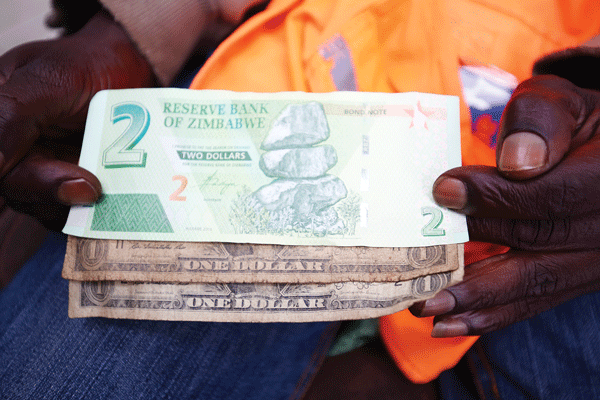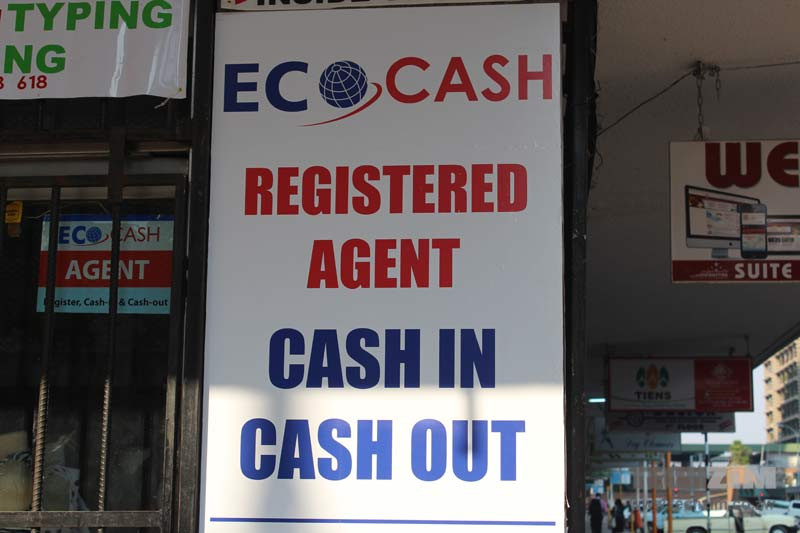
CROSS border traders are getting into cash selling business amid reports bond notes are being sold in exchange for US dollars in neighbouring Mozambique, NewsDay has learnt.
BY TATIRA ZWINOIRA
According to sources at the Zimbabwe/ Mozambique border, Zimbabweans are selling cash in exchange for dollars in a town called Manga outside Beira.
“Bond notes are being sold at Manga a few kilometres from the border in Mozambique,” the source said.
In Manga, bond notes are reportedly being kept by Zimbabweans whom cross border traders are selling in exchange for United States dollar.
The revelation came at a time bond notes have disappeared from the formal system, with monetary authorities accusing “ungrateful” foreign businesses operating in the reserved sectors of the economy, of hoarding the cash.
This came as Zimbabwe Cross-Border Traders’ Association secretary-general Augustine Tawanda told NewsDay yesterday that business was low for these traders.
“People are not buying as easily. The issue of plastic money is a second option, but there is a shortage of cash which impacts negatively on cross border traders,” he said.
- Chamisa under fire over US$120K donation
- Mavhunga puts DeMbare into Chibuku quarterfinals
- Pension funds bet on Cabora Bassa oilfields
- Councils defy govt fire tender directive
Keep Reading
Cross border traders require an average of $300 cash per day to travel to buy their wares.
As such, cross border traders are trying to supplement their business by buying and selling United States dollars which have grown increasingly scarce.
Street vendors, wholesalers and retailers, airtime dealers, and others in the fuel sector are already engaging in the practice of selling cash.
The dollar is attracting a 15% to 20% premium in the market, with companies searching for the currency to import raw materials.
Entry into selling cash comes, as cash shortages continue unabated, evidenced by a drop in United States dollars and bond notes in the market and an increase in bank queues.
Tawanda said accusing cross border traders of selling cash was just tainting the constituency.
“Anybody that has got cash these days is taking advantage of the shortage. It is a no-brainer that anybody who has got cash will say I will not let it go until you give me a little more extra. It does not make sense to take bond notes to Mozambique to get United States dollars. I mean what kind of knowledge is that?” he said.
“Look, I have not picked up anything from a constituency perspective. I have not found anything that supports that kind of statement in terms of dealing with my constituency.”
Economist, Kipson Gundani, said the issue was that paper money was becoming increasingly scarce, which was being driven by an obsession to have cash on hand.
“You will find that traders, who are most likely shop owners, fuel suppliers and cross border traders in most cases sell their goods in cash and have a better access to cash. So you find now that they become the kingpins in selling the cash by virtue of them sitting on an advantageous position that they have cash,” he said.
“But the bottom line is because we have the cash in short supply because there is demand for it and there is a market that is automatically created out of it and people start selling cash out of it.”











